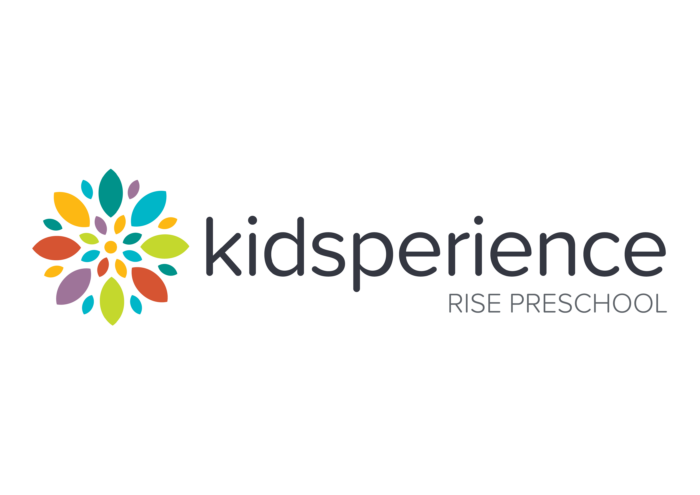How To Get Your Child Talking About Their Day


As parents, we often find ourselves longing to know what’s going on in our child’s world. When we ask, “How was your day?” and get a shrug or a one-word answer like “Fine,” it can be frustrating. The good news is, with a few simple techniques, you can open the door to more meaningful conversations. Here are some strategies to encourage your young child to share their day with you.
Ask Specific Questions
Young children often struggle to answer broad questions. Instead of asking, “How was school?” try specific, open-ended prompts like:
- “What made you laugh today?”
- “Who did you play with at break?”
- “What was the most fun thing you did?”
- “Did anything surprise you today?”
These questions are easier to answer and spark more detailed responses. They also show your child that you’re genuinely interested in their experiences.
Time It Right
Timing is everything. Children may not be ready to talk immediately after school when they’re tired, hungry, or decompressing from a busy day. Instead, wait for a natural, relaxed moment. Meal times, bedtime routines, or car rides can provide great opportunities for conversation.
Lead By Example
Children are natural imitators. Share something about your own day to model how to talk about experiences. For example:
- “I had a meeting at work that made me feel really proud because we solved a big problem.”
- “I saw something funny on my way home and it made me think of you!”
This not only sets a tone for sharing but also helps your child feel safe opening up.
Create a Tradition
Make talking about the day a fun tradition. For instance, try the “roses and thorns” game, where everyone shares one good thing (a “rose”) and one challenging thing (a “thorn”) about their day. Another idea is “two truths and a lie” about their day, which adds a playful twist.
Use Props or Activities
Sometimes children express themselves better when they’re engaged in an activity. Try drawing, building with blocks, or playing a board game while you chat. The focus on the activity can make it feel less intimidating for them to open up.
Show Genuine Interest and Patience
When your child does start talking, listen actively. Avoid interrupting, correcting, or rushing them. Make eye contact, nod, and respond with comments like, “Wow, that sounds exciting,” or “How did that make you feel?” This reinforces that their thoughts and feelings are important to you.
Recognize Non-Verbal Communication
Sometimes, a child’s mood or actions speak louder than words. Pay attention to their body language and demeanor, and gently probe if you sense something is off. For example:
- “You seem a little quiet today. Do you want to talk about it?”
- “I noticed you were smiling a lot after school. Did something fun happen?”
Be Consistent
Building trust takes time. If your child isn’t ready to open up today, that’s okay. Keep showing up and asking. Over time, your consistency will show them that you’re a reliable source of support.
Respect Their Privacy
While it’s natural to want to know everything, remember that your child is developing their own sense of self. If they seem hesitant to share certain details, respect their boundaries. Instead, create an environment where they feel comfortable coming to you when they’re ready.
Celebrate Small Wins
If your child shares even a tiny detail about their day, celebrate it. Thank them for sharing and let them know how much you enjoyed hearing about it. Positive reinforcement will encourage them to keep the habit.
Getting your child to open up about their day isn’t about prying; it’s about creating a safe, loving space for communication. By being patient, present, and playful, you’ll build a stronger connection with your child and gain insights into their world. Over time, these daily conversations will become something both of you cherish.

